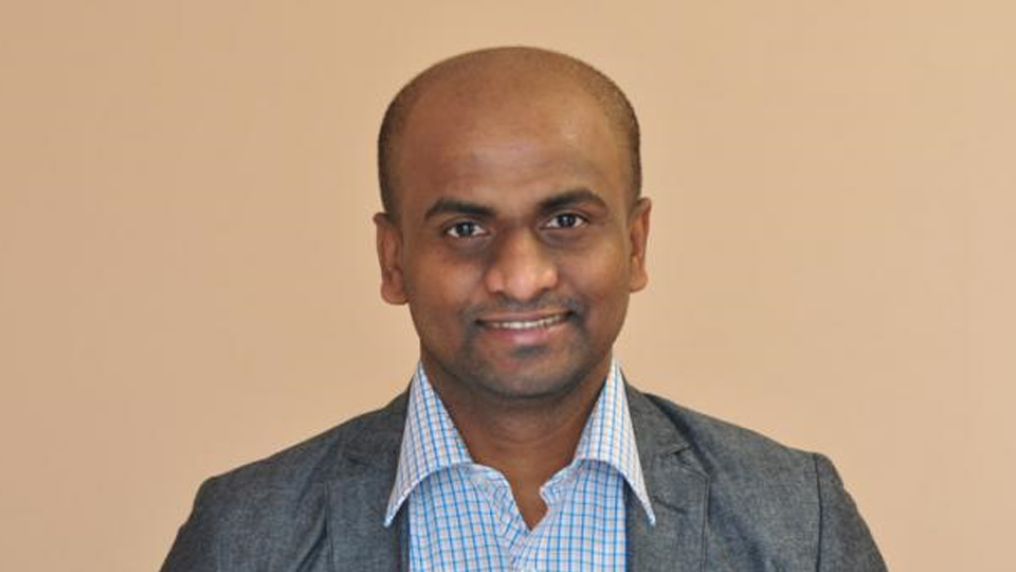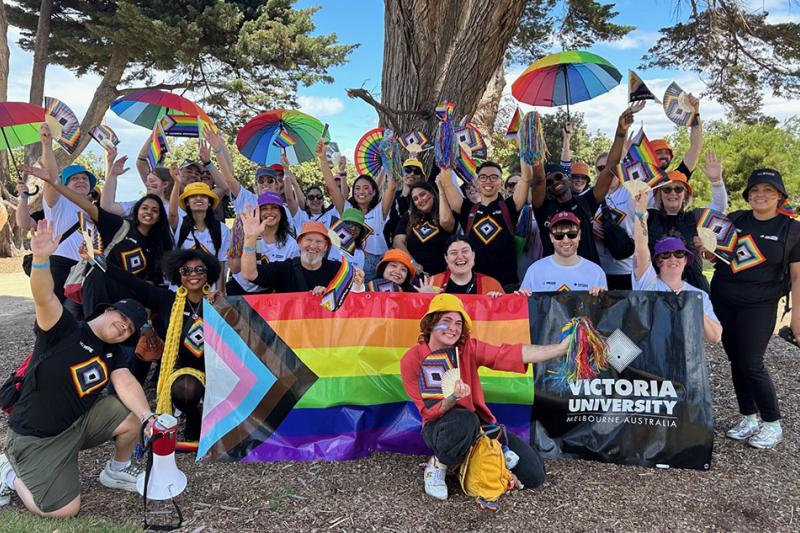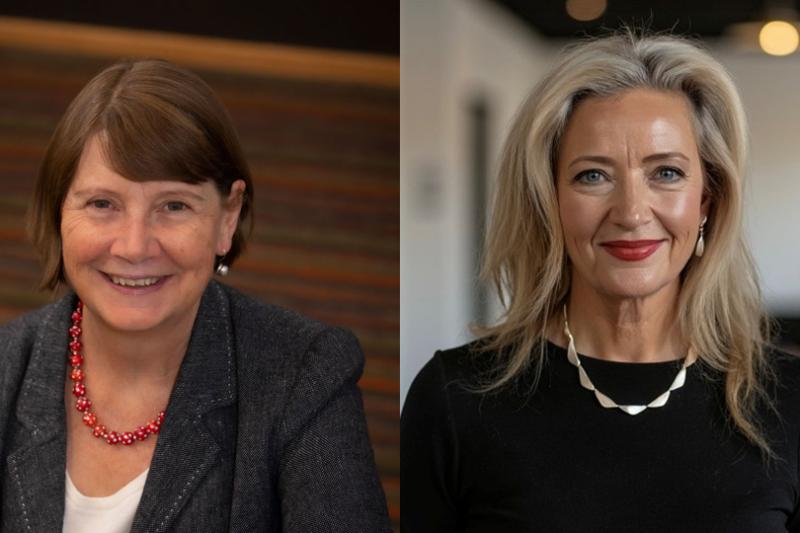Global appointment for VU Researcher

Dr Wasantha Liyanage has been working in civil engineering, both as a researcher and senior lecturer for six years. He is a leader of the Geotechnical, Rock Mechanics and Pavement Research Group at VU within the Institute for Sustainable Industries and Liveable Cities (ISILC).
This extensive expertise and excellent research track record have led to him being appointed as Chair of the “Beyond Limits: Rocks in the Face of Extreme Conditions” Commission under the International Society for Rock Mechanics and Rock Engineering (ISRM).
The ISRM, established in 1962, is the leading global organisation committed to advancing the field of rock mechanics and engineering through fostering collaboration, knowledge exchange, and innovation among researchers, engineers, and practitioners in rock-related disciplines worldwide.
Dr Wasantha will lead a renowned group of international researchers under this Commission, including representatives from Australia, Europe, North America, South America, and Asia, and is one of only two Australian researchers currently leading Commissions within ISRM. It provides a vital forum for scholars and professionals to exchange scientific knowledge, fostering interdisciplinary and intersectoral collaborations that will support a centralised network of experts.
It is a real honour to lead this group under ISRM, and I’m looking forward to what we can achieve together to progress improvements to rock mechanics and rock engineering for the safety and future of our communities,” Dr Wasantha said.
The Commission aims to advance understanding of rock behaviour under extreme conditions such as extreme temperatures, pressures, and stresses, thereby extending the knowledge of these materials beyond traditional boundaries.
“Rocks exposed to extreme conditions, such as extremely high and low temperatures, high pressures, dynamic loading, and creep, are increasingly encountered in global rock mechanics and engineering applications, driven by factors like climate change, fires, deep mining, underground storage initiatives, and geothermal energy exploitation. There is a pressing need to reassess and refine existing theories and practices relevant to these applications to address the current safety, sustainability, and efficiency challenges,” Dr Wasantha said.
Dr Wasantha and his colleagues on the Commission anticipate making significant contributions to understanding rock behaviour under these extreme scenarios.
This network aims to enhance education, guidance, and advisory services within the rock mechanics and rock engineering community involved in this field,” he said.
The Commission is planning several initiatives in the coming years, including publications of books and special issues featuring new research findings, workshops, technical guidelines for necessary amendments to ISRM standards, and the development of an online platform for disseminating knowledge to the community.



